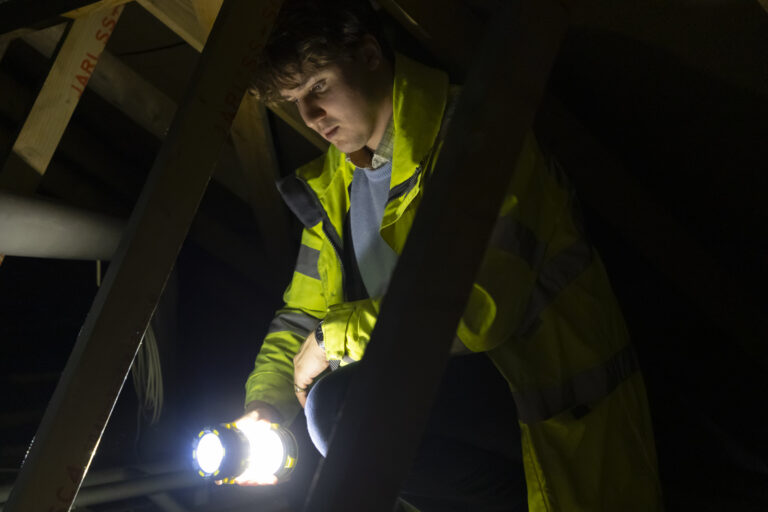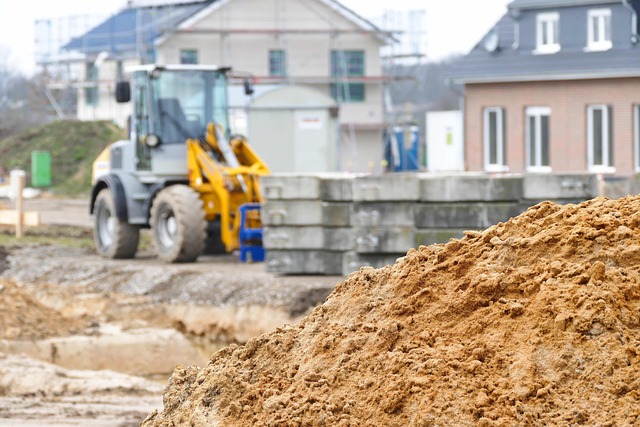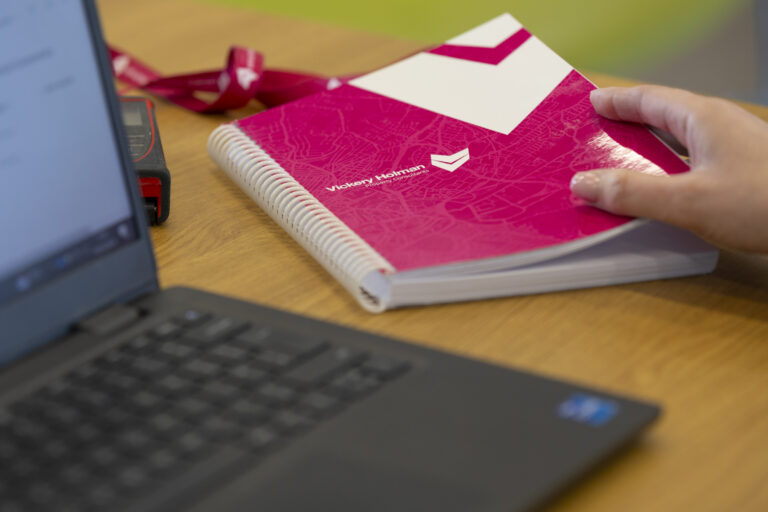Undoubtedly the past two years have been a turbulent time for the leisure sector. Prior to March 2020, no-one knew the true impacts that were to be felt on our daily life and business as we knew it, or what the words ‘pandemic’ and ‘lockdown’ really meant. We saw pubs, hotels and holiday parks closed just before the 2020 season had begun, missing the usual boost from Easter (which incidentally was a glorious sunny weekend) plus missing the May bank holidays and Whitsun half term week. It was early July before doors were finally allowed to open.
With our hotel, holiday park, holiday lets and public house client base spanning the South-West, fortunately for many of them, once open they traded well and chipped away at some of the losses of the previous months. This wasn’t easy though with staffing issues, contact track and tracing and the resultant ten day closures as staff had to self-isolate, or as cases were identified in their business premises. There were further lockdowns in November 2020 and the first few months of 2021 before early in April 2021 when businesses were allowed to reopen again. Since then, the industry has been plagued with continuing staff shortages and problems with deliveries.
So how did this impact on the business rates liability for these premises? Fortunately, the government were swift to introduce an enhanced Retail and Hospitality Relief scheme which saw 100% business rates relief for 2020 for premises in the hospitality sector. COVID-19 grants were also available up to £10,000 for eligible businesses. 2022 is benefitting from a scaled back scheme which sees 50% relief until March 2023, bringing much relief to the sector as they continue to ride the turbulent waves of the pandemic.
During this time, our business rates team have been busy limiting client’s rates liabilities where possible. Acting on behalf a chain of public houses and restaurants in Cornwall, we secured a reduction in Rateable Value from £76,500 to £69,500, resulting in savings of some £7,500 since they took occupation of the premises in 2019. Elsewhere in Devon we successfully reduced an RV on a public house from £65,800 to £12,000, enabling the client to qualify for small business rates relief and consequently reducing their liability to £0. We’ve seen an equestrian centre’s rates split resulting in a £0 rates liability and a large hotel with 57 bedrooms with a Rateable Value reduction from £163,500, to £122,000 due to an incorrect valuation of the premises, saving circa £58,000 rates liability before COVID-19 reliefs.
April 2023 will see the 2023 Revaluation which was postponed from 2021. Our leisure clients have been completing their ‘Requests for Information’ in recent months as the VOA compile their factual and accounting information in readiness to revalue all assessments. As always, the valuation date is two years before the revaluation – April 2021 – and will have regard to the previous three years trading accounts. This of course means that the 2020 season during the height of the pandemic will be one of the years formulating the revised Rateable Values. It remains to be seen what the VOA will do with 2020 trade information, when much of the year was in lockdown and the hospitality sector closed. We suspect that the previous two summer seasons in 2019 and 2018 will be more formative than the 2020 season. We are expecting draft Rateable Values for the 2023 Revaluation to be issued by the end of December this year and will be on hand to offer advice in relation to these.





